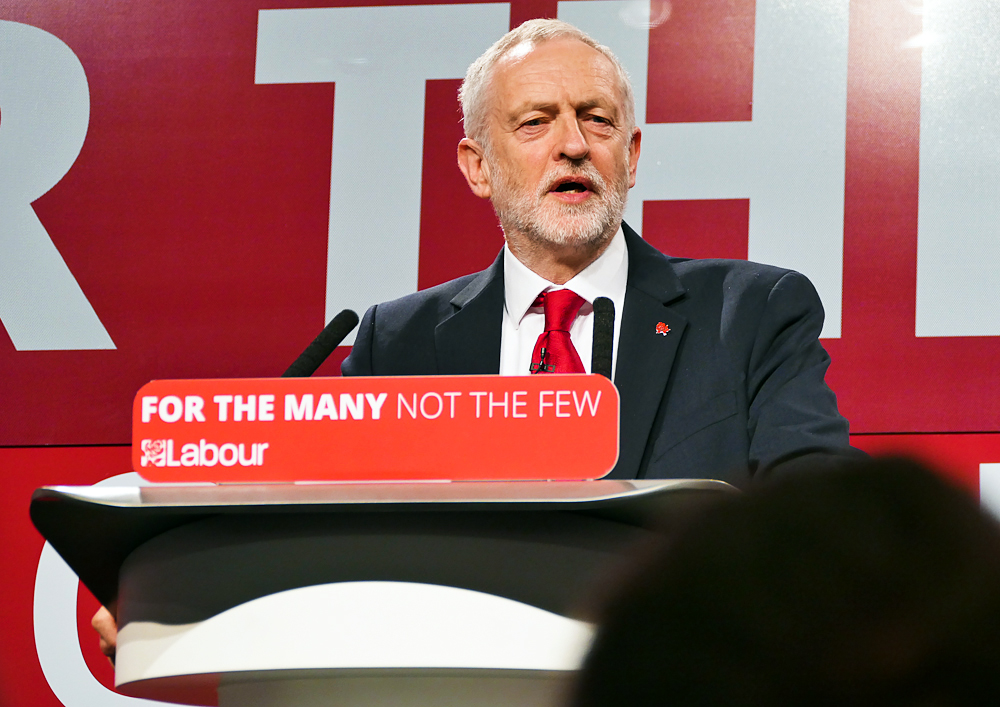The UK’s two main political parties promise voters they'd turn on the spending taps if elected. But are their promises affordable?
The Conservatives and Labour have both said they planned to spend billions of extra pounds on infrastructure, particularly outside of London and the South-East of England (which is richer and tends to get more political attention than the rest of the country). Infrastructure is a catch-all term for any physical thing that keeps the economy chugging along, such as hospitals and public transport.
Although both parties agree on the need for extra investment, Labour is planning to spend a lot more than the Conservatives: an extra £55 billion a year compared to the Tory’s pledge of an extra £20 billion. But both spending plans are being criticised as financially reckless, because the government would need to borrow that extra money. That would increase government debt, which would in turn grow the government deficit (that’s the gap between how much money the government “earns” from things like taxes and how much it owes). As you may well remember, lots of government debt and a big government deficit was the rationale for why the UK had to go through the decade of austerity it just endured.
But some people have never been convinced that lots of government debt is that big a deal, especially when (like now) the interest rates are low, which means they don’t have to pay much extra back on top of what they borrow. These people argue that the investments which government debt can fund can have such huge payoffs that it leaves the UK economy in a better state that in would have been with no borrowing, and therefore borrowing is an economically beneficial thing to do.
Say the government takes out a loan and uses it to build a new road that makes it quick and easy for people from a picturesque village to get into a bustling town, and vice versus. Those villagers will find it easier to get one of the higher-paying jobs found in the town which raises their incomes (and the amount of tax they pay). Town-dwellers also find it convenient to go for staycations in the beautiful village countryside, where they spend money in the local shops and businesses. The end result is that lots of people ends up happier and wealthier thanks to government borrowing and investment.
Read our explainer on: governments spending money.

